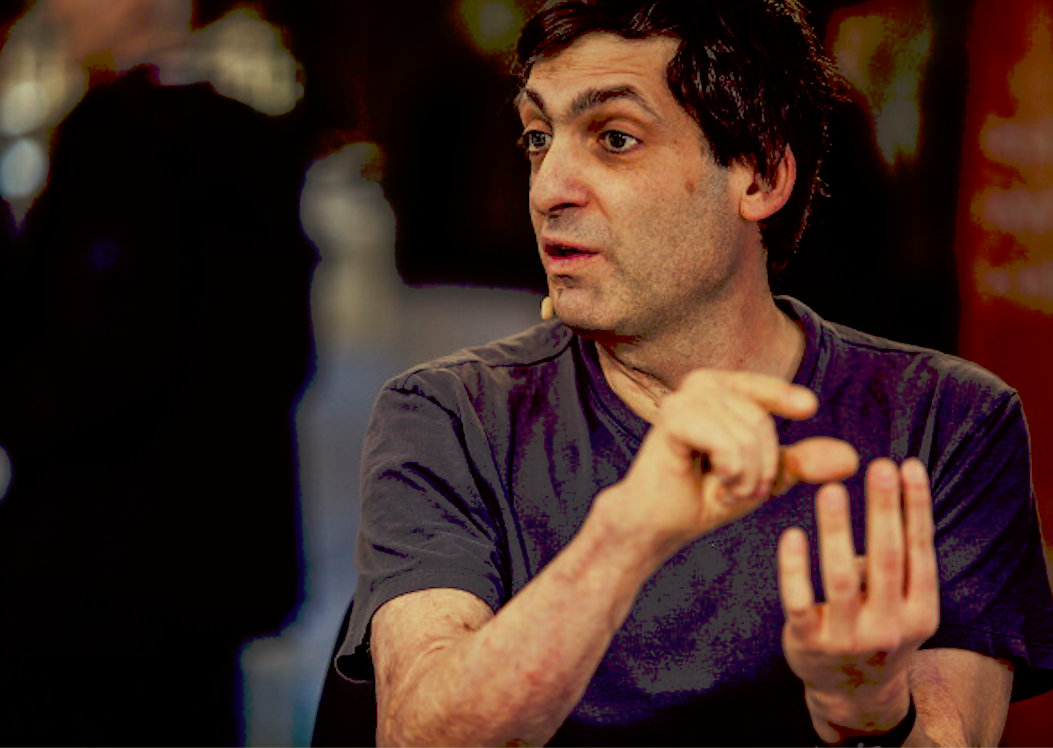Behavioral economist explains a 3-jar system that teaches kids about money

Behavioral economist Dan Ariely, the author of “Predictably Irrational” and new book “Dollars and Sense: How We Misthink Money and How to Spend Smarter,” talked about the power of parenting on Monday evening in NYC.
Ariely, who is also a professor and the founder of Duke University’s Center for Advanced Hindsight, said setting up savings accounts for children early on signals that money isn’t just about instant gratification.
When it comes to his own family, Ariely’s children receive allowances, though they don’t get money for individual chores.
“They’re part of my household and we all have responsibilities. Just because you do the dishes doesn’t entitle you to more money,” he said.
But, he requires his kids to divide their allowances equally among three different containers — money for themselves, money for someone they know, and money for someone they don’t know.
Ariely is encouraging his children to understand that they do have control over some of their decisions when it comes to money, but there are always trade-offs.
Saving for higher education
Ariely also cited his study that examined parents who set up 529 college savings plans for their children when they were born — and those who didn’t.
“We visited the children when they were four years old. And it turns out the kids with college savings accounts have higher social and cognitive skills,” he said.
Parents get a monthly statement that reminds them that “this kid still in diapers is heading to college.” And while parents may not do anything radically different, they buy them more books and read to them more often, according to Ariely.
“Four-year-olds don’t know if you started saving for their higher education. But you can do small things every day for a very long time that will make a difference in their lives,” he said.
Of course, correlation does not equal causation. Instead, this suggests that the parents that set up college savings accounts clearly value education and want their children to have as many prospects as possible.
Melody Hahm is a writer at Yahoo Finance, covering entrepreneurship, technology and real estate. Follow her on Twitter @melodyhahm.
Read more:

